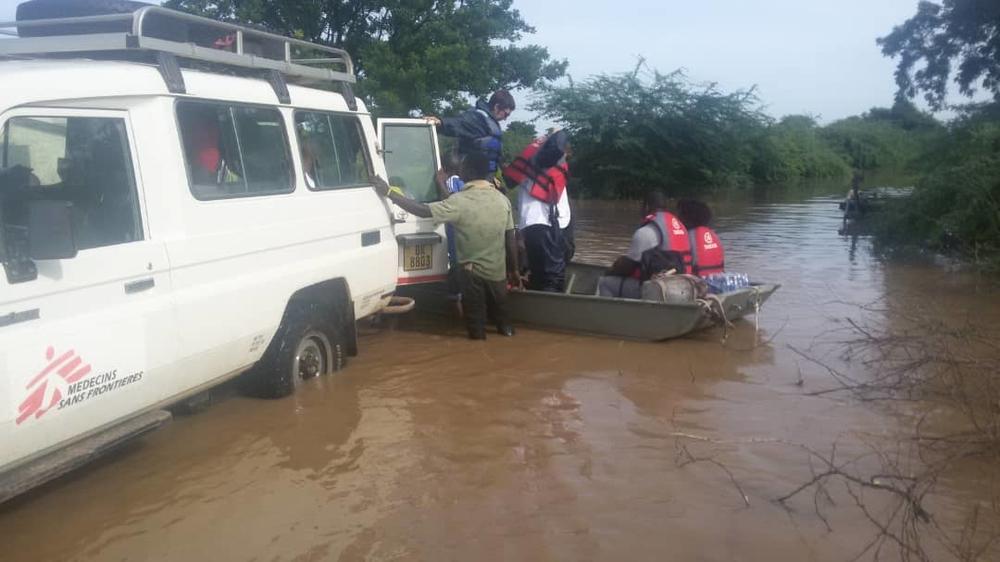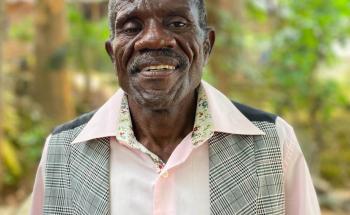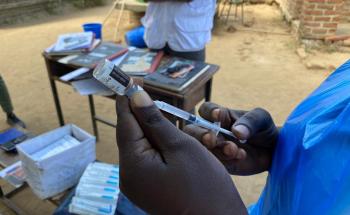Cyclone Freddy hit the southern region of Malawi on 12 March 2023 with heavy rains and strong winds, causing damage to infrastructure such as roads, buildings and electricity lines. The districts of Blantyre, Chikwawa, Chiradzulu, Mulanje, Mwanza, Neno, Nsanje, Thyolo, Phalombe, and Zomba are the areas most affected by the devastation, and Malawi’s president has declared a state of disaster.
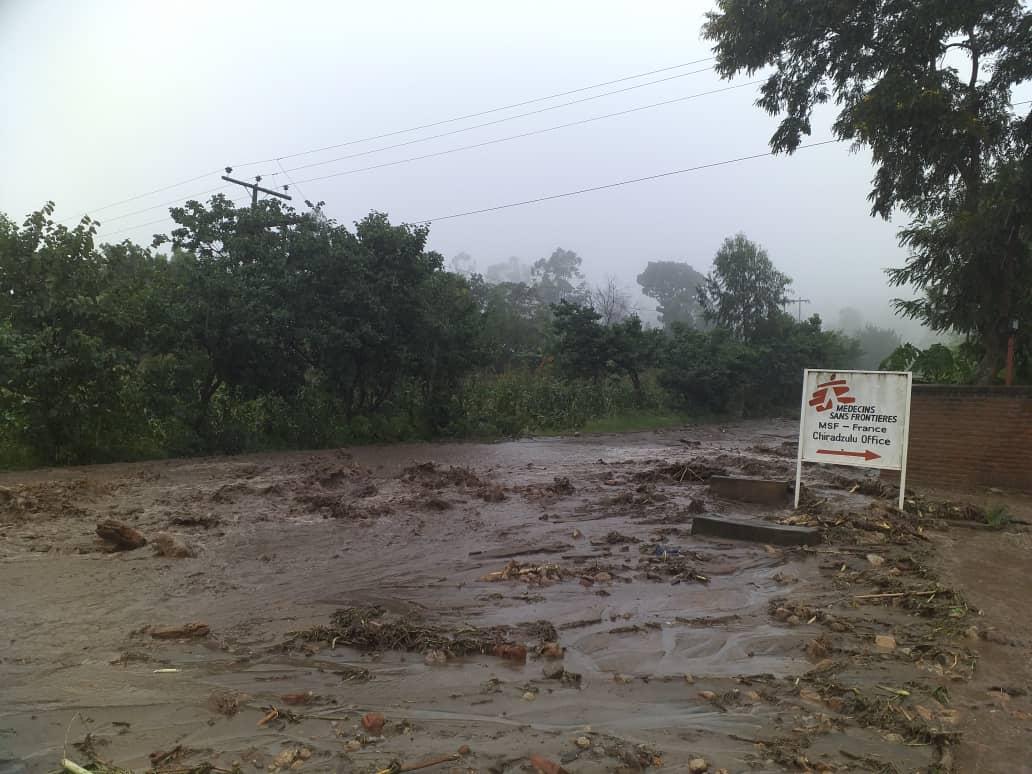
The situation is very dire. There are many casualties, either wounded, missing or dead, and the numbers will only increase in the coming days.Guilherme Botelho, MSF Emergency Project Coordinator, Blantyre.
“The situation is very dire. There are many casualties, either wounded, missing or dead, and the numbers will only increase in the coming days. The Queen Elizabeth Central Hospital in Blantyre is overwhelmed with the influx of casualties coming from different areas, so MSF has put together a team of nurses and clinical officers to provide medical and logistic support. We are also donating medical supplies and will assess if food also needs to be provided to patients.” – Guilherme Botelho, MSF Emergency Project Coordinator, Blantyre.
According to official numbers, Blantyre district has recorded the highest number of deaths. Queen Elizabeth Central Hospital alone has reported 220 casualties of which 42 adults and 43 children were pronounced dead on arrival.
“We have redirected some of our staff from the regular project for cervical cancer to assist the MSF emergency team at the Queen Elizabeth Central Hospital. We have also suspended outreach activities to protect our staff from any risks linked to flash floods and landslides during movements or building collapsing.” – Marion Pechayre, Head of Mission, Malawi.
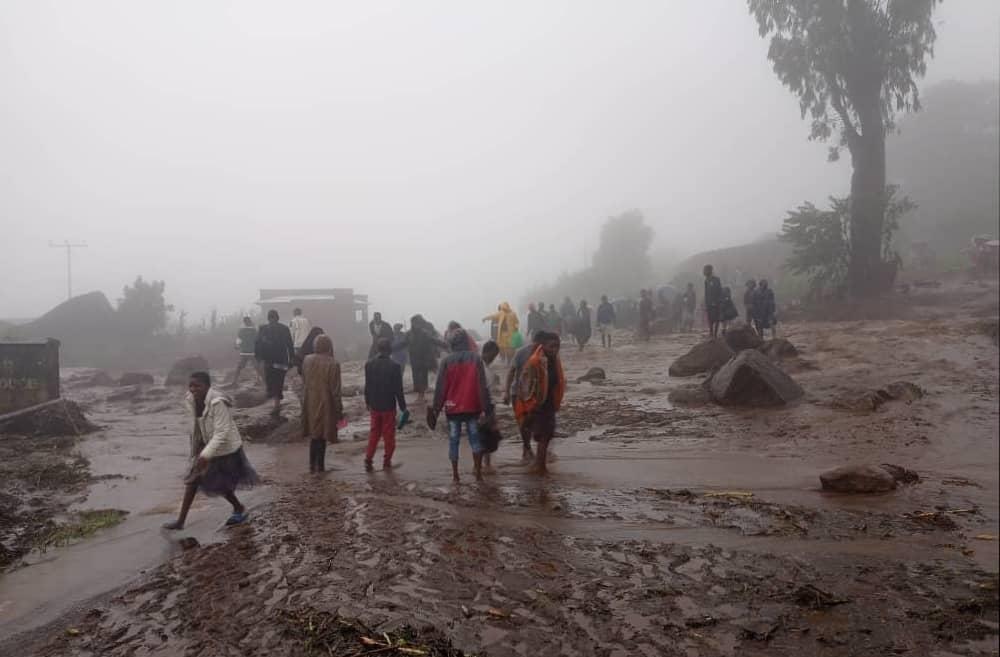
We have moved the cholera treatment centres close by to the hospital to ensure the safety of the patients. The rain hasn’t stopped yet, and there is a lot of damage, which really worries us on many levels.Guilherme Botelho, MSF Emergency Project Coordinator, Blantyre.
The threat of a resurgence of cholera remains preoccupying as Malawi recently suffered the biggest outbreak the country has seen in its history after tropical storm Ana hit last year.
“We have moved the cholera treatment centres close by to the hospital to ensure the safety of the patients. The rain hasn’t stopped yet and there is a lot of damage, which really worries us on many levels. Indeed, another rise in cholera cases is one of our concerns in the aftermath of this storm, especially since the vaccine coverage in Blantyre is very poor, but for now it is too early to tell.” – Guilherme Botelho, MSF Emergency Project Coordinator, Blantyre.
MSF emergency teams will continue to assess the situation and needs of the population and health facilities in the most affected southern districts in the coming days to provide support, including treatment and access to clean water and sanitation.
